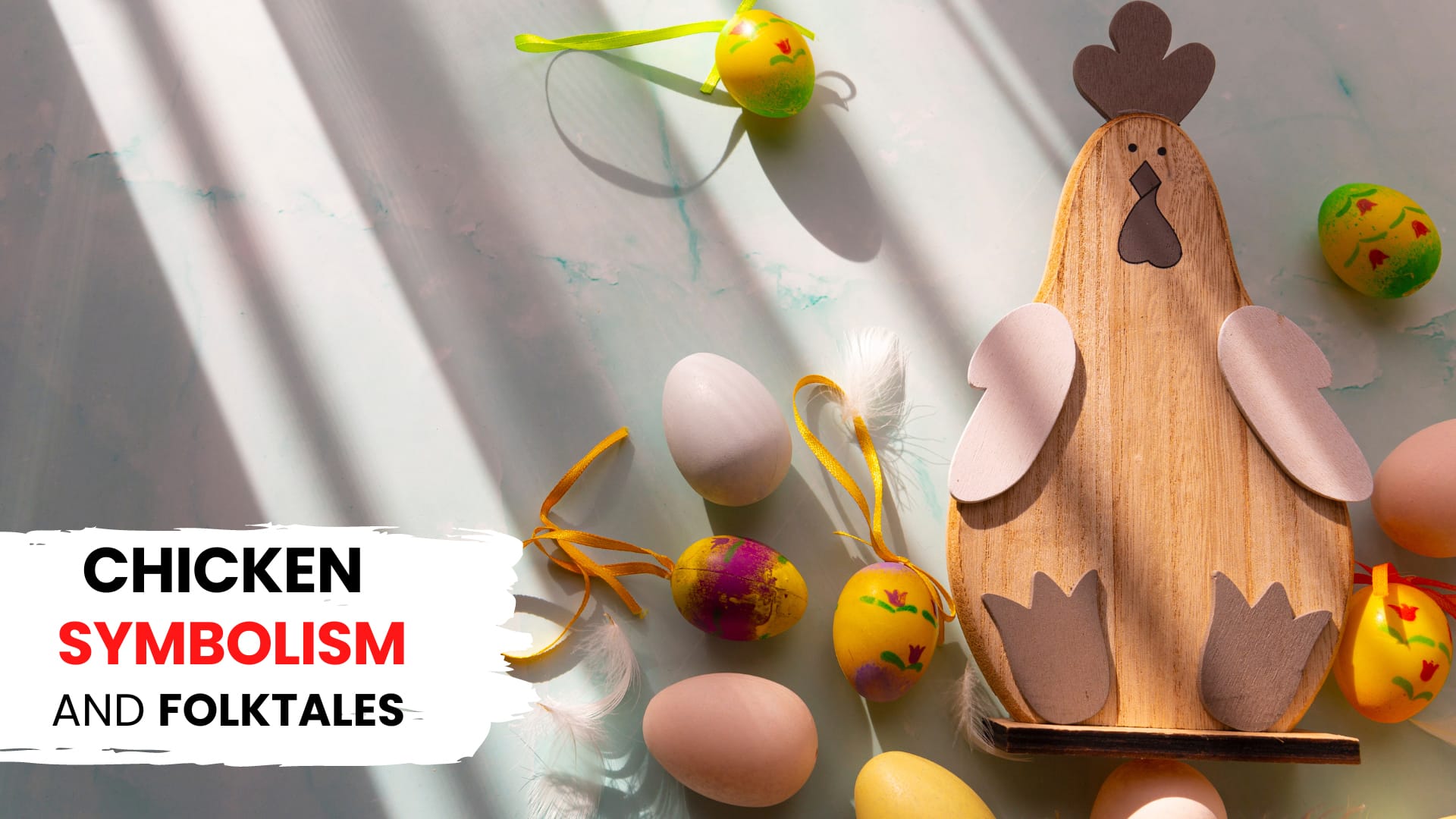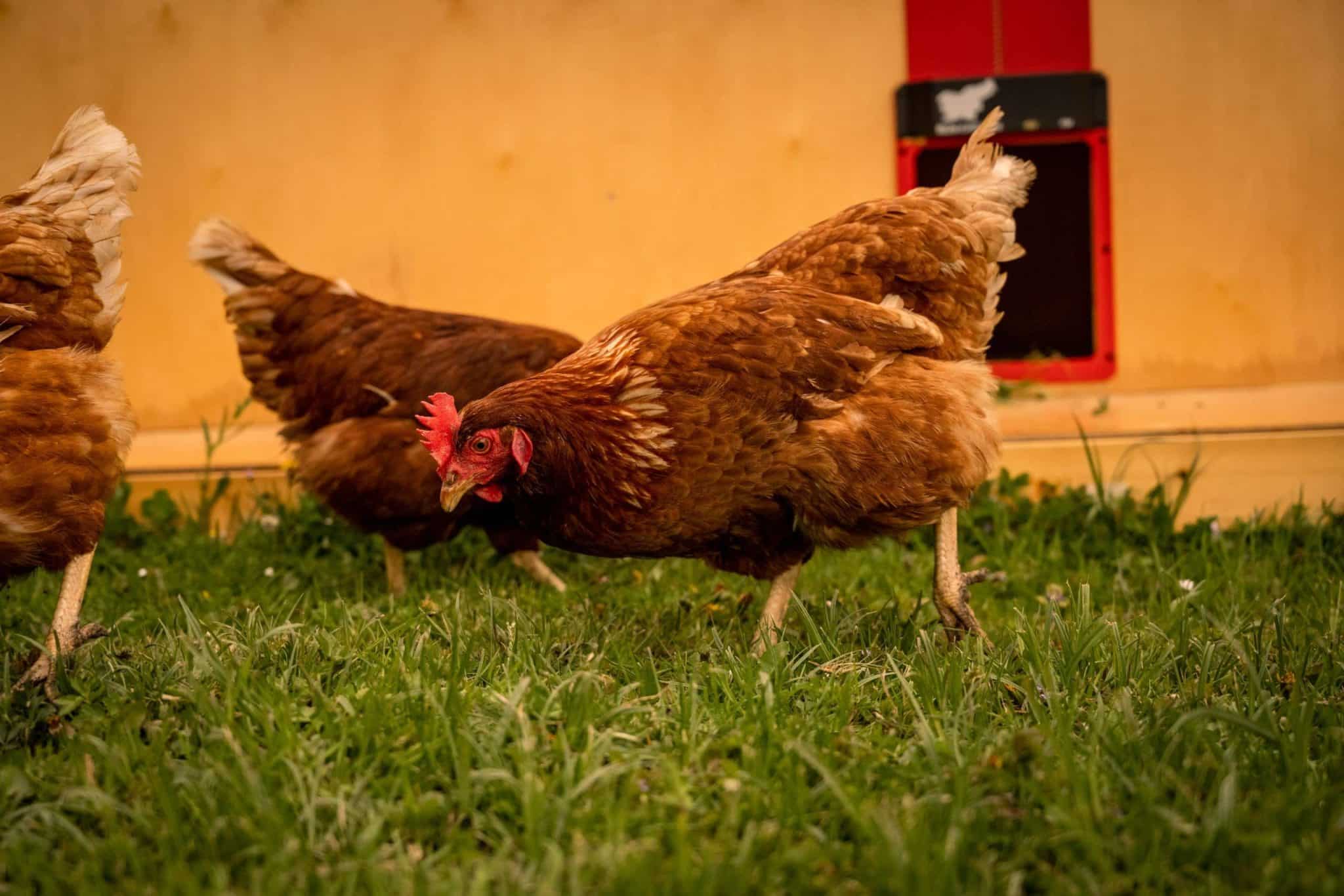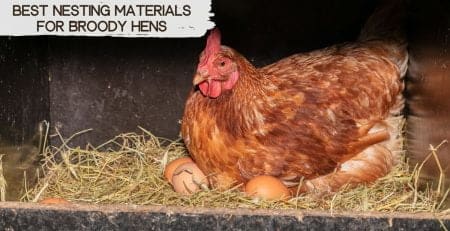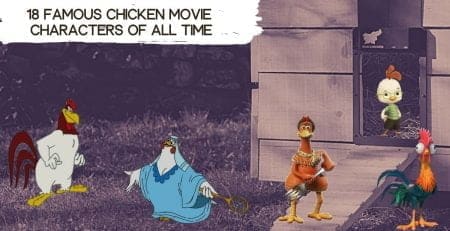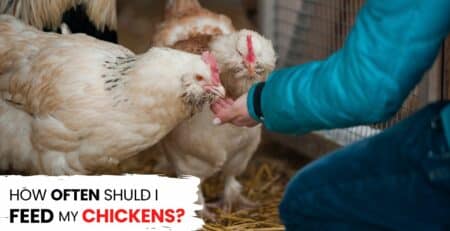Chickens are one of the most common domesticated animals in the world. They are prized for their eggs, meat, and feathers, but they also hold a special place in folklore and culture around the globe. Chickens are a ubiquitous presence in human culture, and their presence can be seen in folklore, art, literature, and even in religious texts. These creatures are a fascinating part of our shared human history, and exploring the stories and traditions that surround them can provide insight into how humans have interacted with them over the centuries.
Chickens are often noted to be the last living relative of the dinosaurs, and if you’ve spent some time with them, you are likely to see the similarities. Chickens have been domesticated for over 7400 years, so it’s no wonder they are prevalent almost anywhere you look. From common schoolyard taunts to beloved cartoon characters, chickens are in every aspect of our society today.
The Symbolism of Chickens in Different Cultures
The chicken has been a symbol of fertility, prosperity, and good fortune in many different cultures. In ancient Rome, for example, chickens were used in divination, with priests using the birds to predict the outcome of battles and other important events. The practice, known as augury, involved observing the behavior of the chickens and interpreting their movements and sounds.
Some Native American tribes believe that a rooster crowing at 3 a.m. is the prediction of the death of a close family member.
In other cultures, chickens are believed to have magical powers, such as the ability to ward off evil spirits or cure illnesses, and are often also associated with fertility and motherhood.
In ancient Egypt, the goddess Isis was often depicted with the head of a chicken, representing her role as a nurturing mother.
In China, the rooster is seen as a symbol of fidelity and loyalty, while the hen represents fertility and nurturing.
Chickens and Religion
Chickens have played an important role in many religious traditions as well. In Christianity, the rooster is famously associated with Saint Peter, who is said to have denied Jesus three times before the rooster crowed. In Hinduism, the goddess Kali is sometimes depicted holding a chicken, representing her power over life and death.
In many African cultures, chickens are still considered to be sacred animals. They are often used in traditional ceremonies and rituals, such as weddings and funerals.
In some cultures, the chicken is believed to be a messenger between the living and the dead. In others, the bird is seen as a symbol of the sun, and its crowing is thought to herald the beginning of a new day.
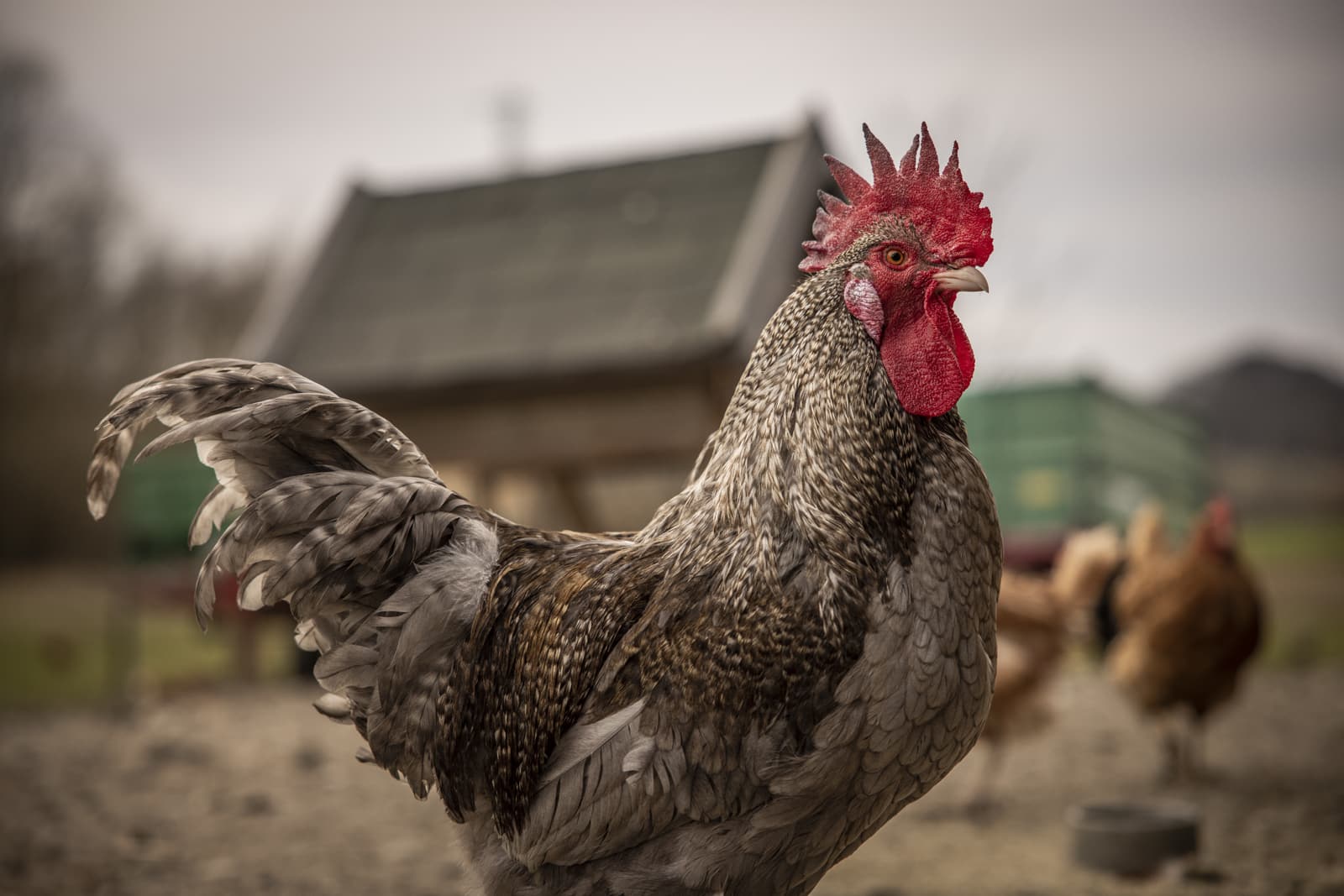
Chicken Folktales from Around the World
In addition to their symbolic and religious significance, chickens have also been the subject of many traditional folktales. Chickens, with their distinctive appearance and quirky behavior, have captured the attention of humans for thousands of years. As a result, chickens have become an important part of folklore in many cultures around the world. From religious symbolism to traditional folktales, chickens have played a significant role in many cultures.
One of the most common themes in chicken folklore is the idea that they are foolish or silly creatures. This can be seen in stories from around the world, where chickens are often portrayed as easily fooled, easily scared, or simply lacking in intelligence. For example, in some African cultures, it is said that chickens will try to run away from the rain but will end up getting wetter because they run in circles instead of finding shelter.
In African folklore, there is a popular story about a clever chicken who outwits a sly fox. In another tale, a group of chickens band together to outsmart a hungry farmer. In some cultures, chickens are also considered to be a symbol of good luck. In many Asian cultures, the chicken is associated with the Chinese zodiac and is believed to bring good fortune and prosperity. In some parts of Africa, the chicken is seen as a symbol of new beginnings and is used in traditional ceremonies to bring good luck and ward off evil spirits.
One of the most well-known cultural references to chickens is in the story of the Golden Egg. This tale originates from ancient India and tells the story of a farmer who owns a special hen that lays a golden egg every day. However, the farmer becomes greedy and kills the hen, thinking he can get all the eggs at once. Unfortunately, he finds that the hen was the source of his wealth, and he is left with nothing.
However, despite their reputation for being foolish, chickens are also often seen as symbols of luck and good fortune. In many cultures, it is believed that keeping chickens around can bring good luck and prosperity. In some parts of Asia, for example, it is customary to give a chicken as a gift to newlyweds as a symbol of fertility and abundance.
Chickens in Popular Cultural References
In addition to their symbolic significance, chickens have also been a source of inspiration for artists and writers throughout history. From the colorful roosters depicted in Chinese paintings to the mischievous hens in Beatrix Potter’s children’s books, chickens have been portrayed in a variety of creative ways. They have also been the subject of countless folk songs and rhymes, such as the American classic “Chicken in the Bread Pan.”
Chickens have also inspired many artistic works, from paintings to literature. The iconic rooster painting by Vincent van Gogh is one example of how chickens have been depicted in art. In literature, there are many examples of chickens being used as a metaphor for human behavior, such as in George Orwell’s Animal Farm.
Chickens have also played a role in popular culture, appearing in books, movies, and music. One of the most famous examples is the children’s book “Chicken Little,” which tells the story of a chicken who believes the sky is falling and sets out to warn everyone. The tale has been adapted into numerous movies and TV shows, including the popular Disney film “Chicken Little.”
Chickens have also appeared in songs and music videos. The 1960s hit “Surfin’ Bird” by The Trashmen includes the lyrics “Everybody’s heard about the bird,” while the music video for Beyonce’s “Formation” features the singer holding a chicken in one shot. Chickens have even become internet sensations, with videos of chickens playing musical instruments, solving puzzles, and performing other impressive feats.
Chickens in Agriculture
In addition to their cultural significance, chickens play a crucial role in agriculture. They are one of the most widely raised animals in the world and are used for their meat and eggs. Chickens are also used in animal husbandry, helping to control pests and fertilize fields. Keeping chickens in your backyard is a timeless practice that is becoming increasingly popular in the U.S. today.
With the growing interest in sustainability and keeping backyard chickens, our little feathery friends are growing more and more popular each day, and it’s easy to see why. They have been providing benefits for people worldwide for centuries, but over time, we’ve made it easier to keep and care for chickens.
In recent years, technology has even been developed to improve the efficiency of chicken farming, with innovations such as automatic chicken coop doors and temperature-controlled environments.
Run-Chicken’s automatic chicken coop doors provide a great level of convenience when it comes to keeping chickens. Traditional manual doors require owners to manually open and close them every day, which can be time-consuming and inconvenient. With automatic chicken coop doors, however, chickens can be let out in the morning and locked up at night without any human intervention.
This not only saves time and effort but also ensures that the chickens are safe and secure from predators. Additionally, Run-Chicken’s automatic chicken coop doors can be programmed to open and close at specific times, ensuring that the chickens are on a regular schedule and providing a consistent environment for them to thrive.
Overall, automatic chicken coop doors are a great investment for any chicken owner looking for an easier and more efficient way to take care of their birds.
Conclusion
In conclusion, chickens have played a significant role in folklore and culture around the world for centuries. Exploring the stories and traditions associated with chickens can be a fascinating way to learn more about different cultures and their beliefs.
Whether they are viewed as symbols of fertility, good luck, or motherhood, chickens have earned a special place in human imagination and culture. They have been used as symbols of everything from good fortune to evil spirits and have played a role in popular culture and agriculture.
Despite their many appearances in folklore and culture, chickens remain an important part of our daily lives. They provide us with food, companionship, and entertainment, and their quirky personalities and unique behaviors continue to fascinate us. Whether you are a chicken lover or simply interested in learning more about these fascinating creatures, there is no shortage of stories and traditions to explore.
Which chicken tale is your favorite? Did we forget to mention one of them? Feel free to share your thoughts in our Facebook group Chicken&Egg lovers.

